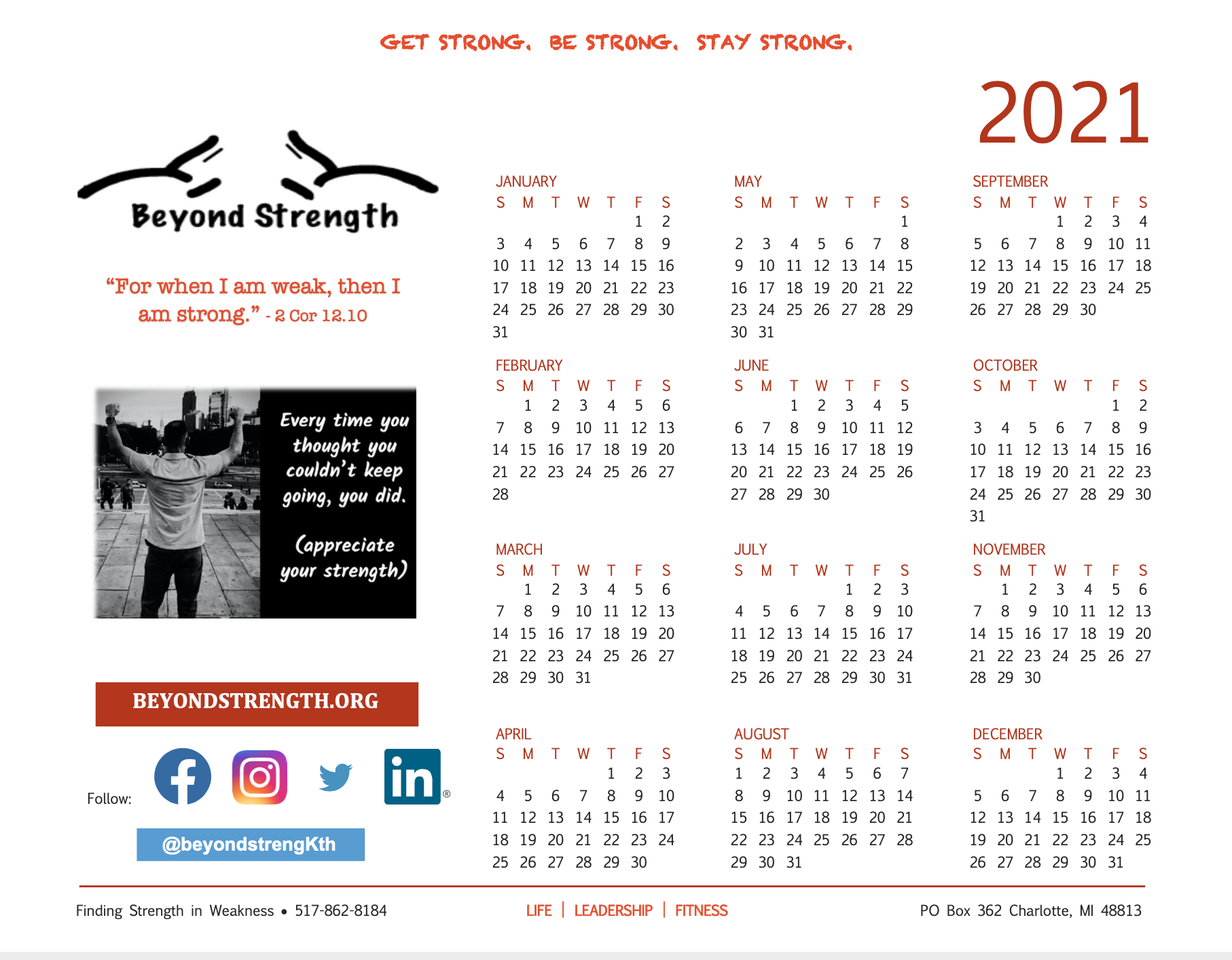


Six Foot Cup
I am at odds with myself. I have become increasingly conflicted. I feel this way; then that way. I’m at peace and content; then I’m stressed and unsettled. This statistic is concerning; but that doesn’t add up. Remote work is getting old; but I don’t want to go back to work. It’s reasonable to respect the seriousness of the pandemic and not be careless or reckless; but until the vaccine is predominant, it’s obvious the virus is going to do what it wants to do, restrictions or not.
What explains those who diligently wear masks, socially distance, and adhere to every recommendation and edict from the experts, yet are still infected? What explains how some states’ restrictions are driving small businesses and restaurants into extinction, while others, with fewer restrictions, have lower death rates, citizens are happy, and businesses thrive? It seems the things we think are most helpful aren’t a silver bullet after all, and things we think are most perilous maybe aren’t as devastating as we thought.
I liken it somewhat to parenting. You can do everything wrong and your kid will still turn out alright; you can do everything right and your kid will still take a left at Albuquerque, delivering indescribable anguish.
Point: Many people have done everything right, yet still catch COVID.
Counter-Point: Many people have been careless, nonchalant, or downright rebellious to recommendations, yet they’re doing fine.
Truth: There is a worldwide crisis.
Sad-Truth: Political posturing has been rife throughout the crisis…on all sides.
I grieve for what our country has become. No longer a shining example of democracy to the world, we have lost a common sense of dignity and respect. Peaceful protests are one thing. But antagonism has led to months of destructive civil unrest, disobedience, death, and millions in damages. The U.S. is supposed to be the world’s democratic leader. Now we look like a dysfunctional junior high school. Our political ‘leaders’ and elected officials have cast aside statesmanship, diplomacy, and decorum in favor of hissy-fits and name-calling. Taking credit or blaming others for something clearly beyond anyone’s complete understanding takes precedence over doing the right thing.
As a man of faith, I’m called to be subject to governing authority, and to be anxious for nothing (Rom 13.1; Philippians 4.6). But I am admittedly frustrated and confused. My heart aches for those who have lost loved ones to this wicked affliction. And for people losing their life savings and livelihoods because they aren’t allowed to responsibly resume reasonable, careful business operations; or go back to work at the jobs necessary to do so.
What does all that have to do with six foot cups of coffee? Everything!!
These are tough times even for the strongest among us. People’s mental, physical, spiritual, and emotional well-being have been challenged greatly since this began. Humans are social creatures; nearly a year of social distancing and isolation has been devastating. We need each other!
Hollywood might be onto something, for at least one pivotal scene always seems to take place in a booth or at the counter of a classic roadside diner. Heroes, villains, fugitives, unlikely lovers figuring things out, or conspirators planning a heist. Best done over a hot cup of Joe!
There’s nothing quite like sitting down with a friend. Self-care, buddy-check, confessional, solving world problems, venting. Whatever the reason, it’s good and necessary. I love my alone time…but I need people too! Bonus when it’s without agenda or drama or judgment or problems that need solved.

Such was the advent of the ‘six foot cup’.
It came about during a virtual team meeting. As I expressed my concern over current events and the well-being of my people, I also shared some of my own struggles with so much social isolation. I end meetings imploring them to call, text, email, or video me any time if they need anything or just want to talk. Pleasantly, a number of them have. On this occasion I offered to meet anywhere in the state for a ‘socially-distanced’ cup of coffee.
Immediately, a trusted colleague and friend – intuitive to my need, and perhaps desiring some adult conversation himself – messaged to take me up on that “six foot cup”. Therapeutic for us both, we’ve since met twice.
I refuse to live my life in fear of this pandemic. But I likewise refuse to allow my actions to cause others concern or to stumble. I continue to respect the well-being (and fears) of others and adhere to the precautions of wearing a mask and not being careless in contact or interactions with others. These are not unreasonable expectations for anyone.
Maybe it is also reasonable not to pretend to know things we don’t; not to regurgitate dubious statistics; not to buy into or create false narratives; or not to concern ourselves with outward appearances…while being filled with questionable or self-serving motives.
“Woe to you, because you load people down with burdens they can hardly carry…” (Luke 11.46)
“Everything they do is done for people to see.” (Matt. 23.4-5)
God is in control. We are not God. Be wary of those who think they are.
It’s a miracle he hasn’t already smote every one of us for our selfishness, disobedience, and unfaithfulness.
Thanks for the six-foot cup, Karl. Next week?

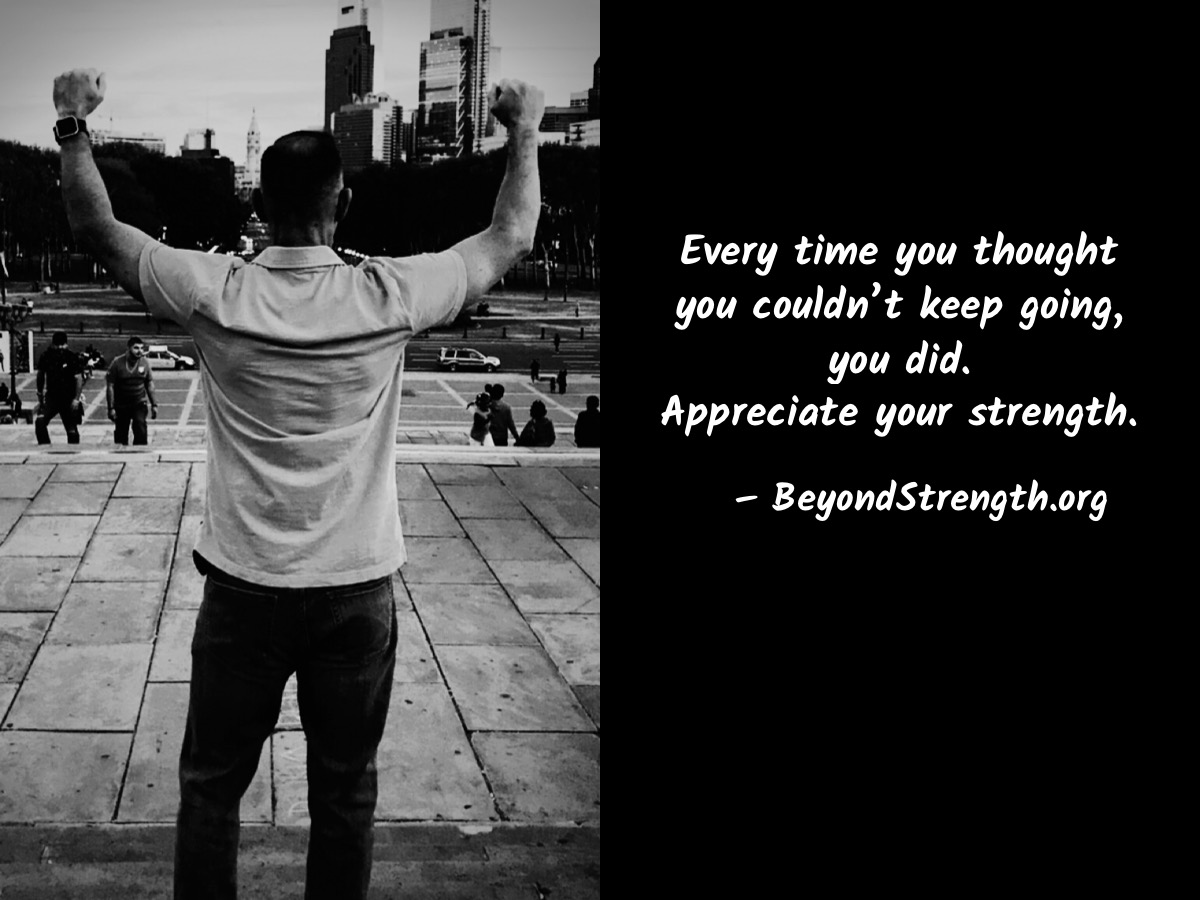
2nd Annual Year in Review
As the calendar turned two years ago I quoted David Jeremiah, who wrote: “A compassionate man does not stand detached from the sufferings of others. Rather, he steps into the world of the hurting and feels the pain and anguish of the one suffering.” The world has been hurting, and many suffered greatly in 2020. Maybe that quote would be better served to start 2021.
The premise behind beyondstrength.org is that strength is more than just being physically strong. It’s also about finding strength in weakness, and helping others get strong, be strong, and stay strong. Thank you, 2020, for proving that premise to be necessarily self-evident.
There’s no sense lamenting the things here we’ve lived ad nauseam the past 10 months via revolving news networks. Instead, I will continuing the fledgling tradition of recapping my blatherings from the past year.
Surely you read, enjoyed, related to, and benefited from all of my writings the last 12 months?! On the outside chance you missed any of these ‘life-altering’ posts, here’s a summary of Beyond Strength articles from the dumpster fire of a year called 2020.
Cause for Delay (video): Starting the year already behind schedule, I bought time by sending a video update from the island of Lesvos, Greece. I was there with a short-term mission team providing humanitarian support to refugees at Moria Camp. It was an amazing experience and added valuable context to my life experience and walk of faith.

The Leadership T.R.A.P.: The article used the acronym to compare and contrast Task versus Relationship focused leaders and Authority versus the Power-focused leader. Tasks tend to be one-dimensional…just get it done. But tasks and overall mission are best accomplished when relationships built of genuine care for your people come first.
Free Samples of Forgiveness: I get bogged down dwelling on my mistakes or how I’ve been wronged by others. Counselors call that ruminating. My struggles in this area are rooted in difficulties accepting and granting forgiveness. I’m committed offering forgiveness more freely and being grateful for forgiveness I’m granted. “For if you forgive other people when they sin against you, your Heavenly Father will also forgive you. But if you do not forgive others their sins, your Father will not forgive your sins.” Matt. 6.14-15
March Forth: What better month than March to march forth toward fulfilling your purpose, achieving your goals, or making the world a better place? I suggested some ideas like starting a blog or other venture; starting a reading program; volunteering; or getting your fitness goals on track. How did you do?

Well That’s Fabulous: Chances are you’ve seen or heard the abbreviation ‘wtf’. If seeing it makes you uneasy, don’t be. It stands for Well That’s Fabulous. WTF was a discussion about the disturbing trends being witnessed within the pandemic. This is an unprecedented crisis; no one person, organization, or government has all the answers. People should stop blaming others; stop trying to advance personal and political agendas; stop arguing about who should have done what, when; and stop trying to be an infectious disease, economics, supply chain, business, or political expert. Instead, start being more caring, compassionate, cooperative, humble, and kind.
Conspiring for Good: Election interference and virtually everything surrounding COVID-19 generated rife theories of conspiracy or malfeasance that continue to thrive. Whether conspiracy theories do more harm than good or serve to help maintain proper balance in the world, it can take years for the truth to be revealed…and even then there will be those who doubt. Conspiracies make for great entertainment, but also cause great divisiveness. Commit to conspiring to do good.

Be the Solution, Not the Problem: Here were a few ideas I shared to be more of a solution than a problem.
- Make room for God in your life. When we understand our own unworthiness compared to a Holy God, we tend to be less of a problem for others.
- Stop claiming the misfortunes of others as your own in some attempt to justify living however you want, or as an excuse for your own bad behavior. “Let your light shine before others…” (Matt. 5.16)
- Embrace diversity. Enable diversity to foster and thrive by treating everyone with dignity and respect.
- Take ownership of your mistakes and shortcomings. Owning your mistakes is solution-oriented; blaming others makes you part of the problem.
- Pick up after yourself; leave things better than you found them; say please, thank you, and I love you more often.
- If you see someone struggling or in need, help them. Saying to yourself, “It’s not my problem” is part of the problem.
Heard, Understood, Acknowledged: An essay about the challenges of interpersonal and organizational communication. Sometimes it’s not what I say, but my delivery that sucks. Like other challenges, there’s probably no easy answer to solving communication problems. But I have found timeliness, openness, transparency, and over-communicating helps. Can you hear me now?

Gains without Pain: There’s something to be learned from pain in our lives, be it physical, emotional, psychological, or otherwise.
- Recognize its warning
- Protect the injured area(s)
- Strengthen surrounding structures that are weak
- Properly address and treat the root cause
- Don’t bury, numb, or mask it with medication, over-indulgence, or risky behavior
- Avoid it when it’s causing damage or grief
As we move on from 2020 into the new year, I pray you’ll have a Happy(er) New Year, you’ll continue to follow along, and that you’ll make a positive difference in others’ lives.
“A life is not important except in the impact it has on other lives.” – Jackie Robinson
Keep doing great things!
Get Strong. Be Strong, Stay Strong.

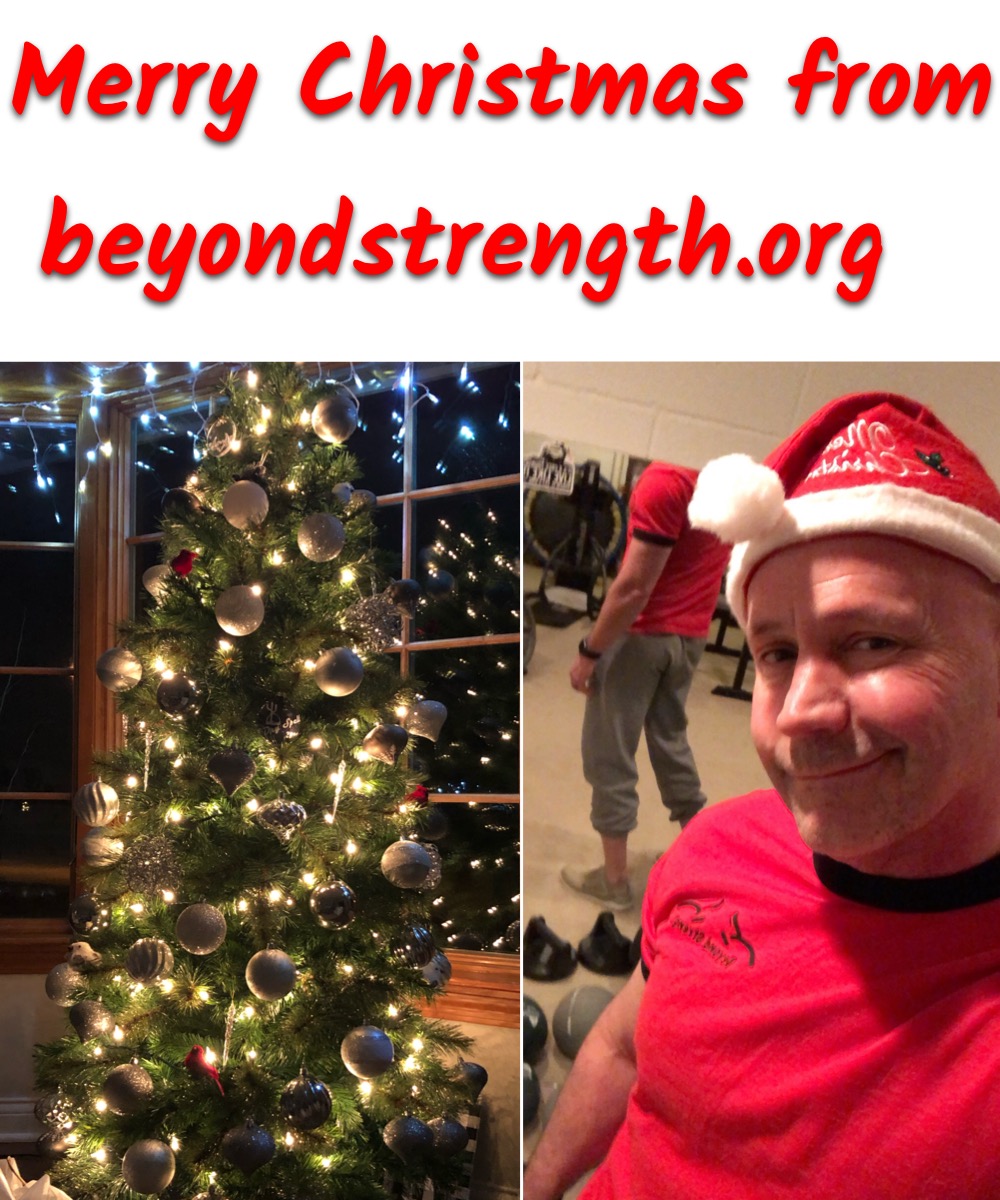
Merry Christmas!

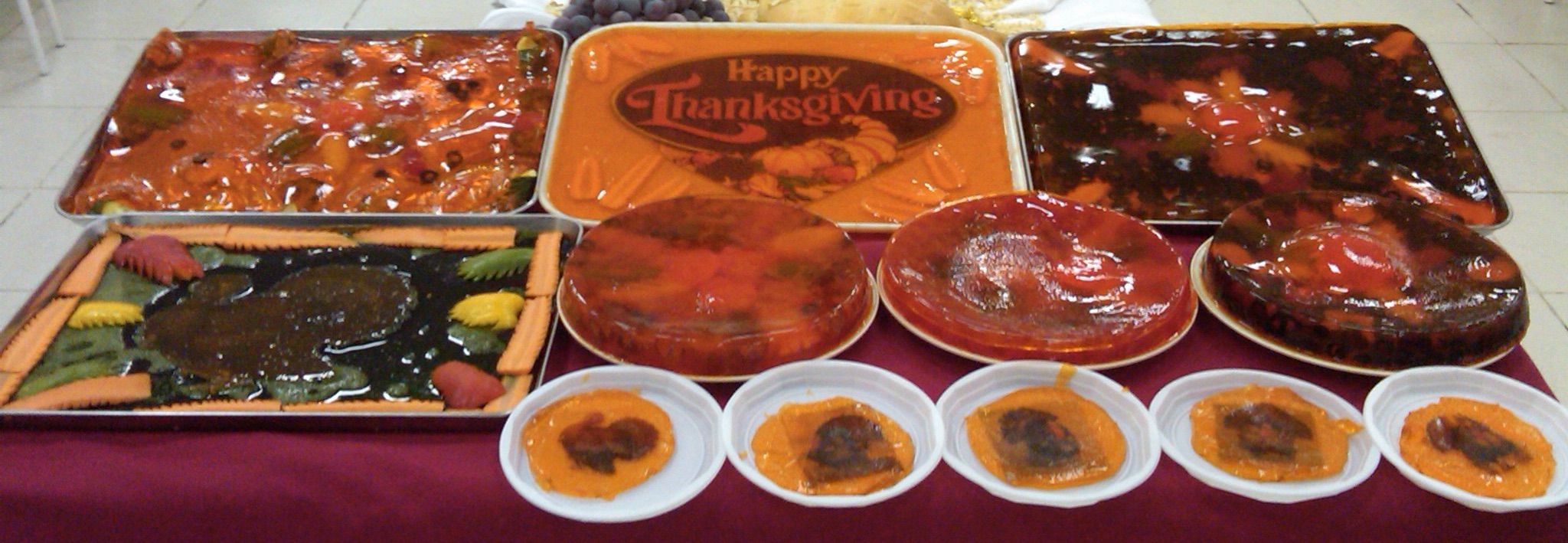
#thanksgiving


Gains Without Pain?
No Pain, No Gain! A familiar expression barked by trainers, a well-used mantra for gym-rats. From a muscular development or fitness improvement standpoint it’s true. It’s tough to make gains if you don’t push yourself, and pushing hurts sometimes. As someone who has suffered from chronic headaches and migraines since adolescence, unfortunately I know pain without gain well…and finding ways to press on has been the only option. But I’ve recently been reminded ‘working through’ pain is not always best.
In an effort to find a cause and eliminate what no one wanted to talk about, around the first or second grade (early 1970s), I was subjected to a brain scan. It was a fairly horrifying experience for a little guy, where dozens of wires were poked into the scalp all over my head. It was made worse by A) the probes kept falling out, so they were poked into my skin and then glued to my head; B) a scary-looking, impatient, unsympathetic nurse ripped half my hair out trying to remove the glue afterwards. I’m not sure I ever screamed and cried so much before or since.
I think I had endured an Electroencephalogram. MRIs weren’t quite on the scene yet, but honestly those aren’t my favorite way to spend an afternoon, either. The good news is there was no tumor, aneurysm, or anything else that concerned doctors. The bad news is 1) there was no explanation for the already chronic headaches I still have to this day, and 2) my dad had the perfect lifelong icebreaker and punchline at my expense: “They did a brain scan on David, but they didn’t find anything!” Figuring 45 years of persistent headaches can’t be a good thing, I had a MRI done last year, just in case. Dad: “How did your brain scan come out?” Me: “Good.” Dad: “They didn’t find anything, huh?!” It never gets old.

Chronic intense pain has nearly always been a ‘normal‘ part of my life.
On the bright side, pain is one of the body’s sensors to indicate something is wrong. In his book “Where is God When it Hurts?” Philip Yancey reminds us “Pain sensors loudly alert [our bodies] to danger…”. He says absent pain’s warning, or ignoring or silencing it without heeding it, is dangerous and can lead to greater harm. That’s where the not-so-bright-side comes in.
Ignoring pain, pushing through, deadening it, or turning it off altogether is dangerous and undermines the body’s natural warning systems. Like removing the batteries from your smoke detector or putting tape over your check-engine light because you’re tired of looking at it. Too often we get into the habit of treating pain’s symptoms and ignoring the root cause. This can be through medication, alcohol, or living with reckless abandon. The result is often more damage. Pain is telling us something. We are wise to listen.
I’m not just talking about physical pain.
I have become so accustomed to living with the pain of migraines that when other things hurt, I just try to ignore or deaden it until it subsides. Sometimes it persists so long that it gets drowned out in the ‘noise’ for a period of time it’s not as noticeable. Like people living near railroad tracks or the effect white noise can have on the constant ringing in my ears. But, like ignoring emotional pain that needed attention and psychological pain from unresolved vicarious trauma, I’ve learned pushing through the pain of degenerative joint disease (advanced arthritis) in my shoulder just causes more damage. Not only has the result been near constant discomfort and improper functioning, failure to properly deal it has weakened the surrounding structures.

In just a few weeks of physical therapy I have come to understand I can’t ‘fix’ this arthritis…I’ll live with shoulder pain the rest of my life. But I can strengthen the right areas, re-teach myself proper alignment and function, and learn to listen and respond appropriately to pain. Sometimes that means not pushing through discomfort.
I’m not just talking about my shoulder.
There’s something to be learned from this about pain in our lives; physical, emotional, psychological, or otherwise.
- Recognize its warning
- Protect the injured area(s)
- Strengthen surrounding structures that are weak
- Properly address and treat the root cause
- Don’t bury, numb, or mask it with medication, over-indulgence, or risky behavior
- Avoid it when it’s causing damage or grief
“Like a grain of sand or other irritating substance that finds its way into the shell of an oyster eventually leads to creation of a beautiful pearl; so an injury, irritation, or wrong in our life can become a great blessing and the means to enrich us.” – Karl P. Buswell
My prayer is that you will somehow find blessing in your pain.
Get Strong. Be Strong. Stay Strong.
Yancey, Philip. (1990). Where is God when it hurts. Grand Rapids, MI: Zondervan.
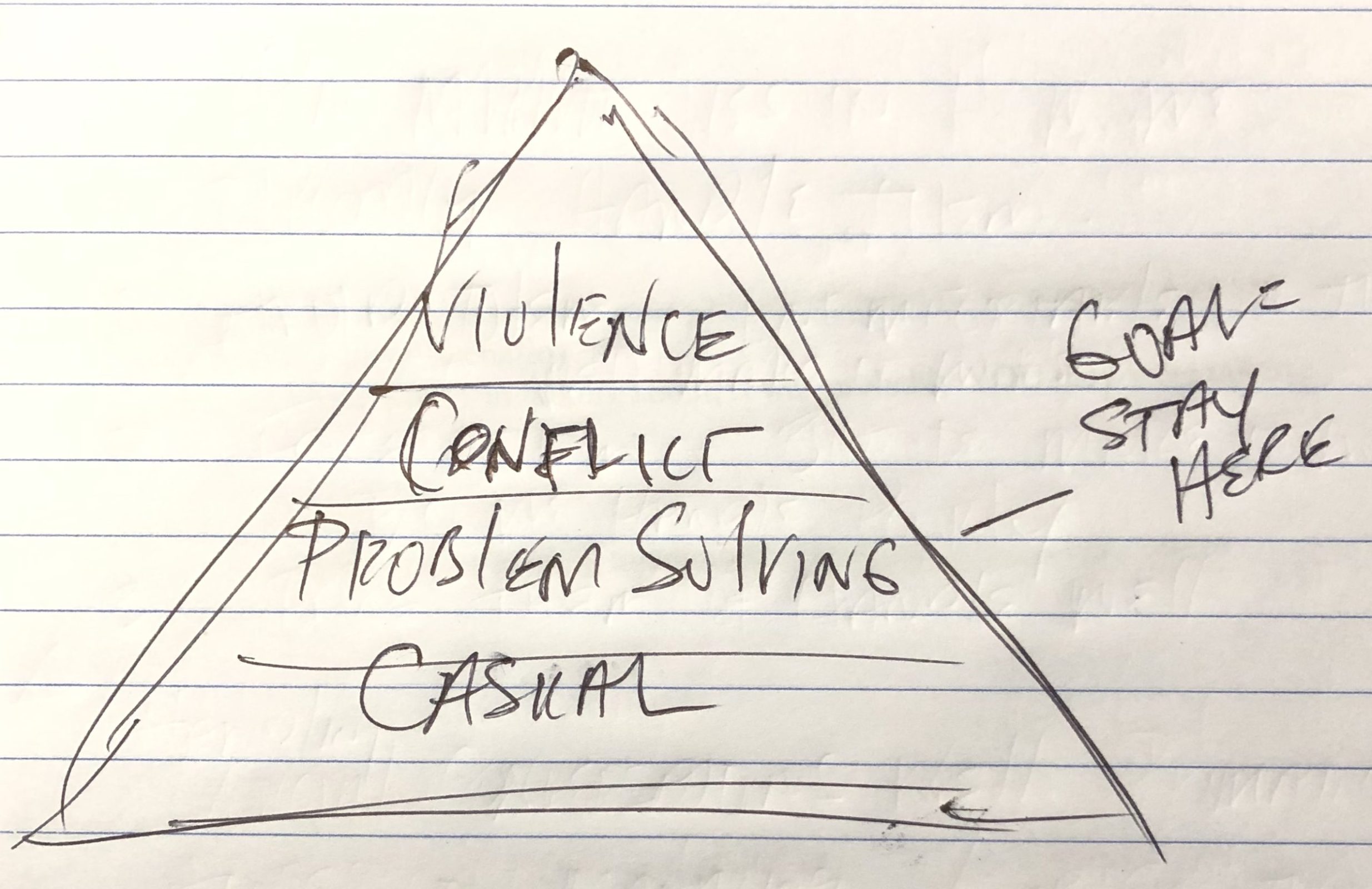
Be the Solution (video preview)
Love In Action (Video)
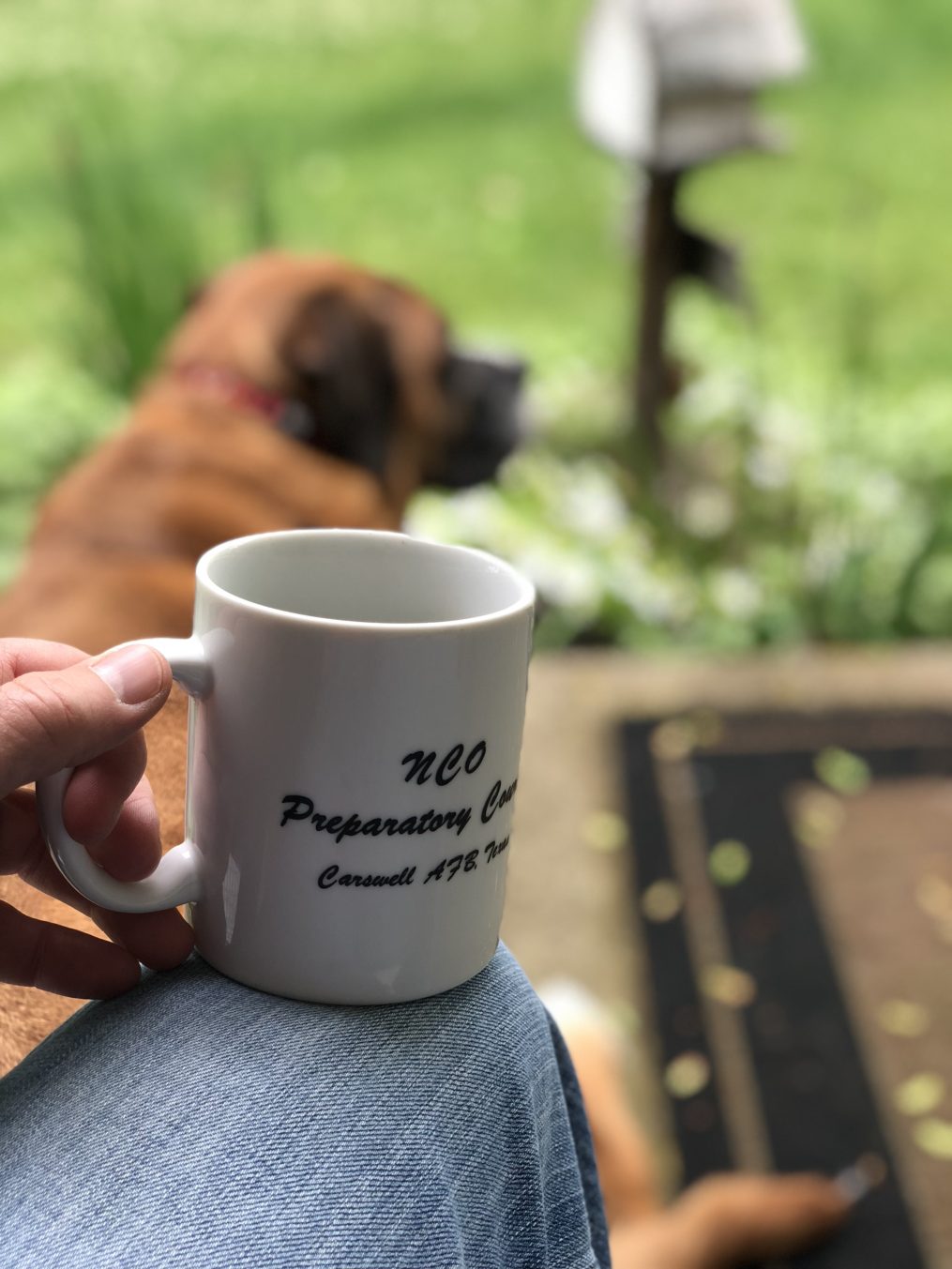
Friends Without Coffee
Early October 1998, I moved into a position requring I attend a two week training in Miami, Florida. I met a local in class with whom I instantly connected. He nicknamed me ‘Wonderboy’ for some reason, and he was thereafter known to me as Billy Buffett. Between Parrothead bumper stickers adorning his van, his unfiltered anti-establishment persona and affinity for Margaritaville and the Florida Keys, there’s no more appropriate monicker. Buffett would become my lifelong friend, despite never seeing him in person again. Until recently.
We stayed in contact, keeping up on growing families, the dramedies of law enforcement careers-in-common, and (later) text messages and emails with pictures of kids, grandkids, fishing, the Keys, and other harassing reminders of the superlative year-round weather in south Florida. He knew how to hurt a guy…
Fast forward to a few months ago when plans began for a senior trip. Certain it would be a cruise, Caribbean all-inclusive, or rare international trip, I expect it was anxiety about sailing the seas on a floating Petri dish, fear of flying over those seas, or fond childhood memories of trips to the land of blue hair and beaches that ultimately led my daughter to declare Florida was her destination of choice.
The Plan
Above all, I wanted it to be a fun family vacation that would become a special memory for our daughter. Not only because of her senior year, but because I was one of two men in her life who had broken her heart. I wanted this to help show her how important she is to me; how much I love and adore her; that even though men are jerks, some of us will work hard to make amends and earn forgiveness; and that I take the perpetuity of our unbroken family unit seriously. But that’s for another blog.
I’m not cheap, but I do work hard to be practical, save, and spend wisely. Value for my dollar is important. Primarily a single-income family and some unplanned expenses helping others meant this trip had to be a low-budget operation. As such, creativity was key so this didn’t end up another Griswold family vacation. It was time to phone a friend.
Proximity and years of tormenting reminders of his ready access to boating, beaches, and fun brought Billy instantly to mind. Besides, we had been trying to coordinate a visit since I left late-90s Miami. After considering a few illogical itineraries, it was settled that we would road trip to Miami and spend a couple days visiting Billy’s family before driving up the coast to spend the balance of our time throwing money down a magical mouse trap.
So far this probably has you thinking this is a back-to-school essay on how I spent my daughter’s vacation. Here’s what really happened…and the point of all this.

With a carload of luggage and estrogen, my wife, daughter, her best friend, and I drove to Miami. The trip was filled with love, laughter, social media updates, and a surprising amount of gastrointestinal vapor. Billy and his family opened their home to four strangers, creating displaced sleeping arrangements for their beautiful daughter, a stressed-out cocker spaniel, and the disruption of normal routines.
They were exceedingly gracious and kind. They treated us to dinner in the beautiful city of Hollywood; cruised us through the Art Deco and pretty-people filled streets of South Beach; took us boating where we fished, swam, people-watched, and danced to blasting ‘booty music’ on Haulover Sandbar; shared life stories and local history; and drove us to Key Largo for lunch on the water and a glimpse of Uncle Tony’s beachside bungalow. But their generosity had just begun.

I 

Billy’s Childhood Home 
Upper Matecumbe Key 



We left our friends to venture north. After a night on the beach in Melbourne, we spent the rest of the week at an incredible vacation resort in Orlando…courtesy of Billy and family. Yes, courtesy of. Who does that?
I can’t articulate what real love and friendship should look like, but I certainly hope I can live its example even half as well as my long-distance friend.
Vacation perfection was within reach were it not for one exception. It wasn’t until that first morning wake-up…in a strangers house 1400 miles from home…that I realized I didn’t know him as well as I thought. “By the way, Wonderboy, we don’t drink coffee. Sorry. I hope that’s not a problem.”
What the…?!?!?
It actually did turn out to be one of the most memorable vacations ever. And it was possible ONLY because of the generosity of a friend I made over 20 years ago. A friend who, when I argued against gifting us four-and-a-half days at a resort, said “I’m not doing this for you. This is our graduation present to your daughter…you’re just tagging along.”
I say again, who does that?

Thank you Billy, AMA, Elizabeth, and Zack for making our trip so amazing. We love you.
Get Strong. Be Strong. Stay Strong.
Post script: My daughter said I was a lot more laid back sans coffee, anyway.
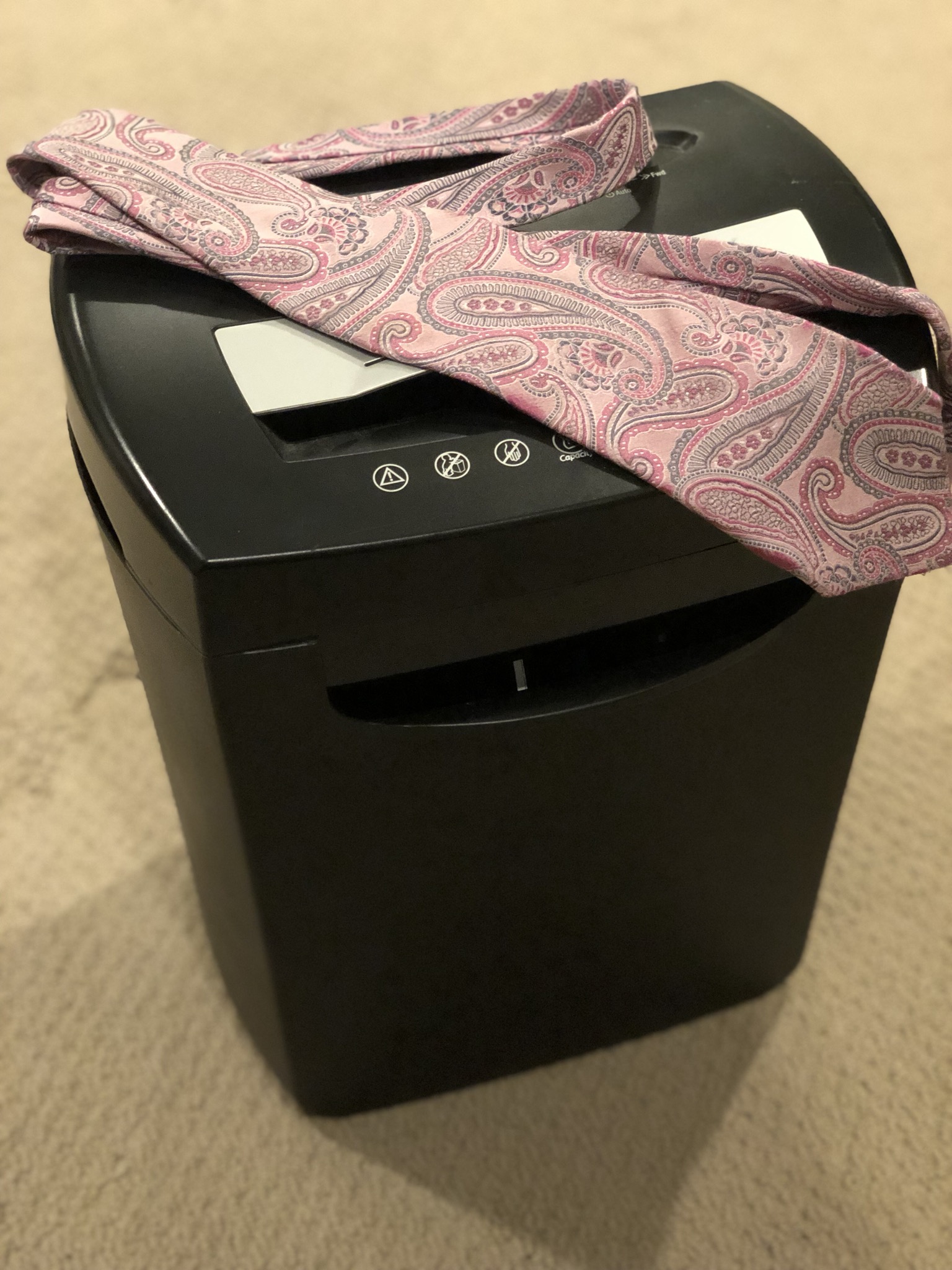
Preparing for Mistakes
Martin Fanbee is quoted by then Colonel David L. Goldfein in his book Sharing Success Owning Failure as saying “Learn from the mistakes of others. You won’t live long enough to make them all yourself.” I’m making more than my fair share…so you’re welcome.
Mistakes are not only the result of weakness and poor decisions, but also the result of failing to prepare. I left off last time talking about being prepared, as well as the consequences of being unprepared. Our failure to prepare often results in discomfort at best and utter chaos, disaster, or severe heartache at worst.
Thanks to a televised Janet Jackson incident some years ago, I now know the proper terminology for my many embarrassing clothing mishaps. On the ‘discomfort’ end, being unprepared for wardrobe malfunctions has resulted in my tie in the toilet while pulling up my pants, a favorite tie in the shredder while still attached to my neck, and not having any tie at a black-tie affair. Toward the other extreme, being unprepared to raise children resulted in many missteps, mistakes, and missed opportunities; and the realization I probably should have waited until age 50 to have them. Of course, I never would have won an arm-wrestling match if that were the case.
I have spent nearly my entire life preparing my body to withstand a career in the profession of arms, to be functionally fit, and to feel good about the way I look when I pass by a full-length mirror naked. I have likewise tried to prepare my mind for critical thinking and vocational success by gaining wisdom and knowledge. And I have spent a good deal of time helping others do likewise. But despite all that, I remain insecure and emotionally unprepared in many ways. These weaknesses sometimes lead to carelessly being drawn into situations I know better to avoid.
Similar to preparing for cold weather by wearing bread bags in your boots, string mittens, and so many layers of winter clothes that there would be little need for side-impact airbags in your car, maybe preparing for life involves putting on a few things. Things like armor…literally and metaphorically; physically and emotionally.

Literature convinces us that in medieval times, knights were powerful symbols of bravery and nobility. But a knight wasn’t a knight overnight. It took years of training, learning, and preparation. The page learned from the squire, who learned from the knight. The knight prepared and affirmed his commitment to knighthood by learning and living chivalrous knighthood ideals such as being brave in battle; loyal to God and King; willing to sacrifice himself for the greater good. And to be merciful, humble, courteous, gracious, and gentle. I read somewhere that ‘not all knights were great men, but all great men were knights!’
Armor provides a great metaphor for the importance of preparation…even better than your mom’s recommendation of always wearing clean underwear in case you’re in an accident. There’s perhaps no better rendering than that of Apostle Paul in the sixth chapter of Ephesians when it comes to preparing for life. He used the battle dress of the Roman soldier as his object lesson, but we can relate in the same way to today’s law enforcement officer or military fighter.

It begins with being ready to stand firm under pressure (also mentioned in a previous article). It is followed by donning the proper equipment (or pieces of armor), each one serving a literal protective purpose and metaphorically representing spiritual, mental, emotional, and physical protections. The first is the ‘belt of truth’; used by the soldier to mount weapons, secure garments, and protect or ‘gird’ the loins and lower body. We all have secrets in dark places we never want revealed. But spiritual truth is needed in a dark world. “In the long run, it matters little what others say or think; it matters a great deal whether or not truth stands.” – Wendell L. Miller
The next few pieces are the breastplate (body armor), protective footwear (practical to the situation), the shield, and the helmet (headgear). Each one representing a facet of spiritual faith and practical physical use…and each defensive in nature. The last piece Paul cites happens also to be the only offensive piece of equipment – the sword (duty weapon).
We could go much deeper here, but I’m sure you get the picture. Sure, you visualized them at least once through all that looking exhausted from battle and caked with dust and dripping with sweat, blood and tears. But think of them all cleaned up, standing tall and proud, crisp and ready for inspection. There’s nothing like a man or woman in uniform. They look pretty damn good, right?! A regular knight in shining armor…

But beware, trusted caballeros. When one puts on all that shiny armor, there may be a certain visual appeal that draws attention that may become a stumbling block for the weak or unprepared. If you are prepared for random notes on your car, impromptu show-ups, and terms of endearment like ‘Muffin Tushy’ or ‘Applesauce’, then not to worry. If you’re not, I guess you’re more like I’ve been much of my life than you care to be and we’re back to paragraphs one through four.
I am my greatest adversary. I need to prepare better. I need the Armor of God.
Get Strong. Be Strong. Stay Strong.
Goldfein, D. L. (2001). Sharing success owning failure-preparing to command in the twenty-first century Air Force. Maxwell AFB, AL: Air University Press.





